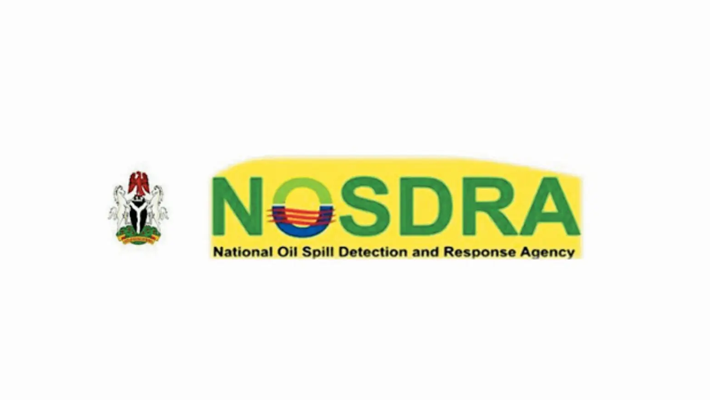Nigeria’s battle against oil theft continues to be a costly struggle, despite significant financial investments by the government. Between 2021 and 2024, a staggering 2,654 incidents of successful oil theft were recorded, representing a significant 84% of all oil spill incidents reported by the National Oil Spill Detection and Response Agency (NOSDRA) during the same period. This persistent theft not only leads to substantial financial losses, impacting the nation’s already challenged economy, but also poses a severe threat to the environment and the livelihoods of communities dependent on the affected resources. The alarming trend highlights the critical need for more effective preventative measures and targeted interventions to combat this pervasive issue.
A closer examination of the NOSDRA data reveals a fluctuating but consistently high number of oil theft incidents over the four-year period. Reported by oil companies and local communities, these incidents peaked in 2023 with 1,046 cases, representing a disconcerting 90% of the total 1,162 oil spills that year. While 2024 saw a decrease to 470 incidents, the overall trend indicates a deeply entrenched problem requiring sustained and intensified efforts to curb it. The economic impact is substantial, with millions of barrels of oil wasted annually, translating into colossal financial losses and environmental damage.
The environmental consequences of oil theft are dire. The spilled oil contaminates waterways and farmland, devastating the livelihoods of farmers and fishermen who depend on these resources. The sheer volume of spilled oil, measured in millions of liters and equivalent to hundreds of tanker trucks, paints a stark picture of the ecological damage wrought by these criminal activities. The classification of spills into major, medium, and minor categories, as tracked by NOSDRA, further emphasizes the scale of the problem, with numerous incidents falling into the most severe “major” category, indicating spills exceeding 250 barrels into inland waters or 2,500 barrels onto land or sea.
Adding to the complexity of the situation is the challenge of accurately quantifying the spilled oil in many cases. NOSDRA data reveals that a significant number of spills lack estimated quantities, and in some instances, spill sites remain unvisited by Joint Investigation teams. This lack of complete data hinders accurate assessments of the environmental and economic damage and complicates efforts to hold perpetrators accountable. Furthermore, the substantial number of “uncategorized” spills adds another layer of uncertainty to the overall picture.
The data also highlights the uneven distribution of spills across different oil companies operating in Nigeria. Nigerian Agip Oil Company recorded the highest number of spills, followed by Shell Petroleum Development Company of Nigeria Limited. While the reasons for this disparity require further investigation, it underscores the need for company-specific interventions and enhanced oversight to address the vulnerabilities within their respective operations. This uneven distribution also points towards potential differences in operational procedures, security measures, and community engagement strategies among the companies.
Beyond the immediate financial and environmental consequences, the persistent oil theft poses a significant threat to Nigeria’s national security. The involvement of criminal networks and potential links to other illicit activities underscore the need for a comprehensive and coordinated response involving multiple government agencies and security forces. This response must address both the immediate challenge of stopping the thefts and the underlying socio-economic factors that contribute to the problem. Recent operations conducted by the Nigerian National Petroleum Company Limited (NNPC) have uncovered numerous illegal refineries and pipeline connections, highlighting the scale of the illegal operations and the need for continued vigilance. The arrests made during these operations further emphasize the criminal nature of these activities and the importance of bringing perpetrators to justice.














